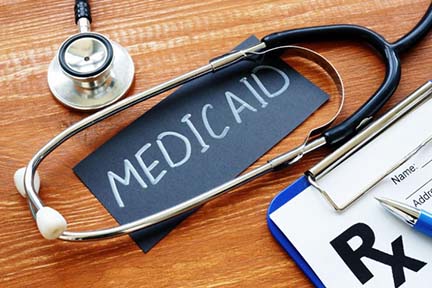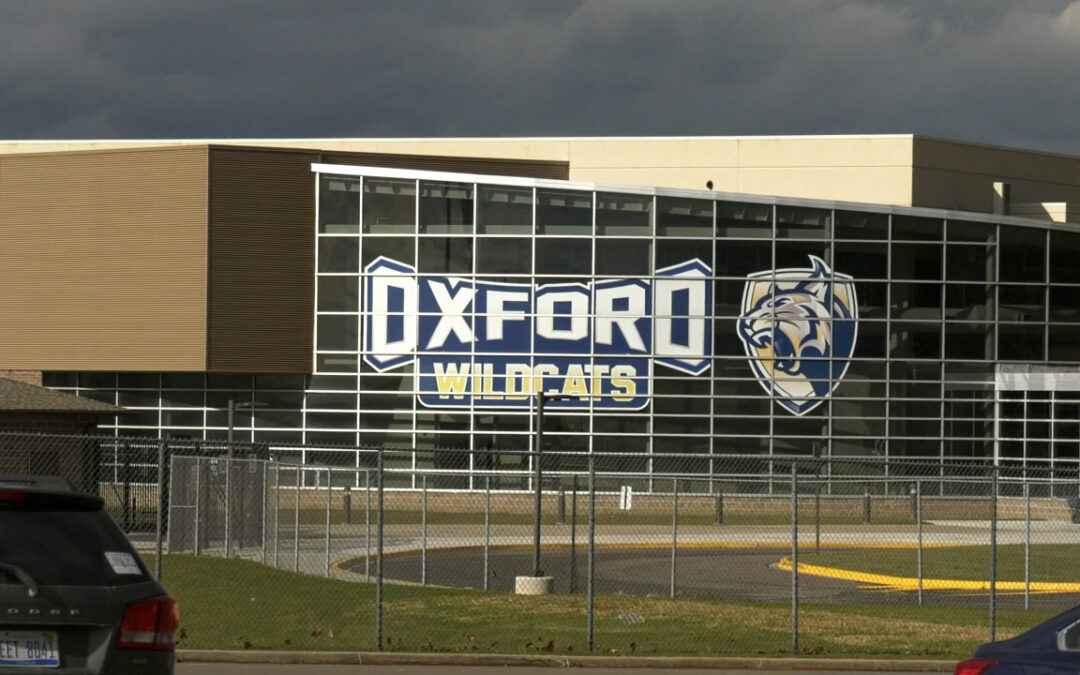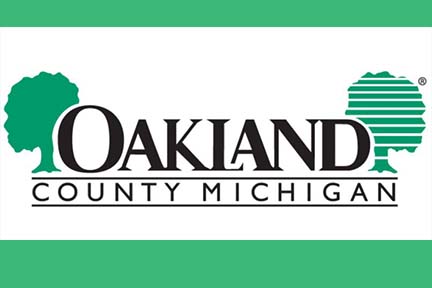
by orionontv | Nov 30, 2023 | Regional News
Oakland County Treasurer’s Office Announces
2024 Financial Empowerment Arts Contest Call for Entries
- The Oakland County Treasurer’s Office—in partnership with Oakland Schools, Flagstar Bank and the Oakland Livingston Human Service Agency—announces the 2024 Financial Empowerment Arts Contest call for entries.
- Oakland County public high school students are encouraged to participate in the annual arts contest by submitting 2-D (drawing, painting, photography, mixed media, and illustration) and video. Entries will be judged on creativity, artistic execution, and the incorporation of the financial empowerment theme. They must be submitted through the Oakland County Treasurer’s Office website by 11:59 p.m. on March 15, 2024.
- Contest winners and honorable mentions will receive cash prizes from a $10,000 contest fund provided by Flagstar Bank. The cash prizes are $1,000 (first place), $750 (second place), $500 (third place) and $100 (honorable mention). The winning art and all submitted entries will be displayed in the Oakland County Treasurer’s Office for a year and on the website.
Pontiac, Mich., Nov. 28, 2023 — Oakland County Treasurer’s Office— in partnership with Oakland Schools, Flagstar Bank and the Oakland Livingston Human Service Agency—announces the Financial Empowerment Arts Contest call for entries.
The arts contest is open to all Oakland County public high school students, and entries must be submitted through the Oakland County Treasurer’s Office website by March 15, 2024, at 11:59 p.m. Art submissions may include 2-D (drawing, painting, photography, mixed media, and illustration) and video.
“The annual Financial Empowerment Arts Contest enables Oakland County public high school students to showcase their artistic talent while learning about financial empowerment and responsibility,” said Oakland County Treasurer Robert Wittenberg. “We encourage all students to participate and look forward to seeing their creative entries. I am also grateful for our ongoing collaboration with Oakland Schools, Flagstar Bank, and the Oakland Livingston Human Service Agency.
All entries will be judged on creativity, artistic execution, and the incorporation of the financial empowerment theme. Contest winners and honorable mentions will receive cash prizes from a $10,000 fund provided by Flagstar Bank. The cash prizes are $1,000 (first place), $750 (second place), $500 (third place) and $100 (honorable mention) for each grade level.
“Financial literacy and financial empowerment go hand in hand in supporting personal growth,” said Kim Goethe, director of Government Banking at Flagstar. “As a financial institution with its regional headquarters in Oakland County, Flagstar is pleased to sponsor this contest that encourages young people in our community to think about financial concepts and translate their ideas into artwork that never ceases to amaze. At 13 years running now, we’re proud to help make it happen once again.”
The winning art and all submitted entries will be displayed in the Oakland County Treasurer’s Office for a year and on the website.
“We believe in nurturing the talents and potential of every student and wholeheartedly support this initiative,” said Oakland Schools Superintendent Dr. Wanda Cook-Robinson. “This contest not only promotes financial literacy but also encourages artistic expression, merging the worlds of economics and creativity in an innovative and inspiring way.”
For more information or to review previous winners and submissions, visit oakgov.com/treasurer.
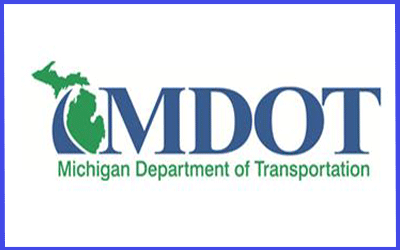
by orionontv | Nov 30, 2023 | Transportation
MDOT, City of Detroit and Electreon unveil the nation’s first public EV-charging roadway at Michigan Central
- Electreon receiver technology charges EVs while they drive across the chargers imbedded in the pavement.
DETROIT – Detroit Deputy Mayor Todd Bettison, Michigan Department of Transportation (MDOT) Director Brad Wieferich and other partners celebrated a major milestone in the future of mobility and electrification today at the Michigan Central innovation district in Detroit as crews have finished installing the nation’s first wireless-charging public roadway.
Using technology from Electreon, 14th Street is now equipped with inductive-charging coils between Marantette and Dalzelle streets that will charge electric vehicles (EVs) equipped with Electreon receivers as they drive on the road. The road will be used to test and perfect this wireless-charging technology in a real-world environment and perfect it ahead of making it available to the public in the next few years, helping to further establish Michigan and Detroit as leaders in innovation and technology.
“We’re excited to spearhead the development and deployment of America’s first wireless charging road,” said Dr. Stefan Tongur, Electreon vice president of business development. “This milestone stands as a testament to our collaborative efforts with the State of Michigan and MDOT, the City of Detroit, Michigan Central, Ford, Mcity, Jacobs, Next Energy, DTE, and others. Alongside Michigan’s automotive expertise, we’ll demonstrate how wireless charging unlocks widespread EV adoption, addressing limited range, grid limitations, and battery size and costs.
This project paves the way for a zero-emission mobility future, where EVs are the norm, not the exception.”
The move toward electrification is widely touted by Gov. Gretchen Whitmer, who announced the pilot initiative in September 2021 to develop the nation’s first wireless charging infrastructure on a public road in Michigan. MDOT and Electreon have entered a five-year commitment to develop the electric road system (ERS), piloting the technology on Michigan roads.
Electreon’s wireless charging technology is based on inductive coupling between copper coils installed below the road surface and receivers installed on electric vehicles. When a vehicle with a receiver nears the in-road charging segments, the road transfers electricity wirelessly through a magnetic field. This electricity is then transferred as energy to the vehicle’s battery. These charging segments can transfer wireless electricity to the receiver either when the vehicle is parked (static charging) or is driving (dynamic charging). The electric road is safe for drivers, pedestrians and wildlife. Each coil in the road is activated only when a vehicle with an approved receiver passes over the coil. This ensures that energy transfer is controlled and provided only to vehicles that require it.
“Michigan has always been at the forefront of innovation in mobility, and that forward-thinking is on display with the latest advances in inductive charging from Electreon, the first deployment of this electric vehicle charging technology in the United States,” said Chief Mobility Officer Justine Johnson of the Office of Future Mobility and Electrification. “This latest milestone supports the goals of the MI Future Mobility Plan to grow Michigan’s mobility leadership, and proves that companies like Electreon can test and deploy the newest innovations right here in Michigan.”
MDOT and Electreon, a Newlab at Michigan Central member company, agreed to install a combined mile of inductive-charging roadway in Detroit’s historic Corktown neighborhood. 14th Street, owned and maintained by the City of Detroit, now has a quarter-mile segment of wireless charging roadway. The charging road runs alongside the Newlab at Michigan Central Building, home to more than 60 tech and mobility startups, allowing for the further testing and advancement of this next-generation technology. In 2024, MDOT will begin seeking bids to rebuild part of US-12 (Michigan Avenue), which will see additional inductive charging installed. Electreon has also installed two static inductive charging stations in front of Michigan Central Station, which will be able to charge Electreon-equipped vehicles while they are parked.
“We are excited to partner with MDOT, the City of Detroit and Electreon to bring the future of roads to Michigan,” said Michigan Central CEO Joshua Sirefman. “This is what Michigan Central is all about, not only convening key partners across the public and private sectors to fuel innovation and create jobs and investment in Detroit, but also providing the environment to safely test and hone technology like Electreon in real time and in the real world. It is through this collaboration and advancement that Michigan Central is helping to tackle global problems and fast-track solutions to many of our greatest mobility challenges.”
As the auto capital of the world, Michigan stands ready to lead the nationwide charge toward electrification of our vehicles and roadways. Partnering with industry to develop and test these new technologies will help develop the blueprint necessary to introduce wireless charging roads nationwide.
“For more than a century, Detroit has been known around the world as the leader in transportation innovation,” said Detroit Mayor Mike Duggan. “We are the birthplace of the auto industry, and the home of the first mile of concrete road and the first three-way traffic signal. Today, thanks to Gov. Whitmer and our partners at Michigan Central and Electreon, we can add the nation’s first wireless charging public roadway to that list of innovations.”
Remaining work along 14th Street is expected to continue through the end of 2023, with extensive testing of the inductive charging technology beginning in early 2024. Using a Ford E-Transit electric commercial van provided by Ford Motor Co. and equipped with the Electreon receiver, staff will test the efficiency and operations of the vehicle and study potential long-term public transportation opportunities.
“Developing electrified roadways may be the catalyst to accelerate interest and acceptance of EVs for all consumers,” said MDOT Director Bradley C. Wieferich. “Making it easier for EV users to find a reliable charging source without disrupting their commute supports both fleet operations and passenger travel. We’re proud to collaborate with private industry partners and the City of Detroit to support these important initiatives leading us toward a more sustainable future with fewer emissions.”
About Electreon
Electreon is the leading developer and provider of wireless charging solutions for EVs, providing end-to-end charging infrastructure and services to meet the needs and efficiency demands of shared, public, and commercial fleet operators. The company’s proprietary inductive technology charges EVs quickly and safely both while driving and parked, eliminating range anxiety, lowering total costs of EV ownership, and reducing battery capacity needs, making it one of the most environmentally sustainable, scalable, and compelling charging solutions available in the market today. Electreon collaborates with cities and fleet operators on a “sale” business model, and on a Charging as a Service (CaaS) business model, that enables cost-effective electrification of public, commercial, and autonomous fleets for smooth and continuous operation. Electreon operates 18 projects across eight countries, together with more than 100 partners. Electreon’s wireless in-road charging technology was named one of the world’s top 100 inventions for 2021 by Time Magazine. For more information, visit electreon.com.
About Michigan Central
Michigan Central is a center for advancing technologies and programs that address barriers to social, economic and physical mobility. The campus is both a convening place and a call-to-action to advance a more sustainable, equitable future through a community-based approach to mobility solutions. Building on Detroit’s rich history as an engine of change, the transformative Michigan Central project aims to strengthen the city’s existing fabric of community and accelerate its economy, while inspiring collective action on the most pressing challenges at the intersection of mobility and society worldwide.
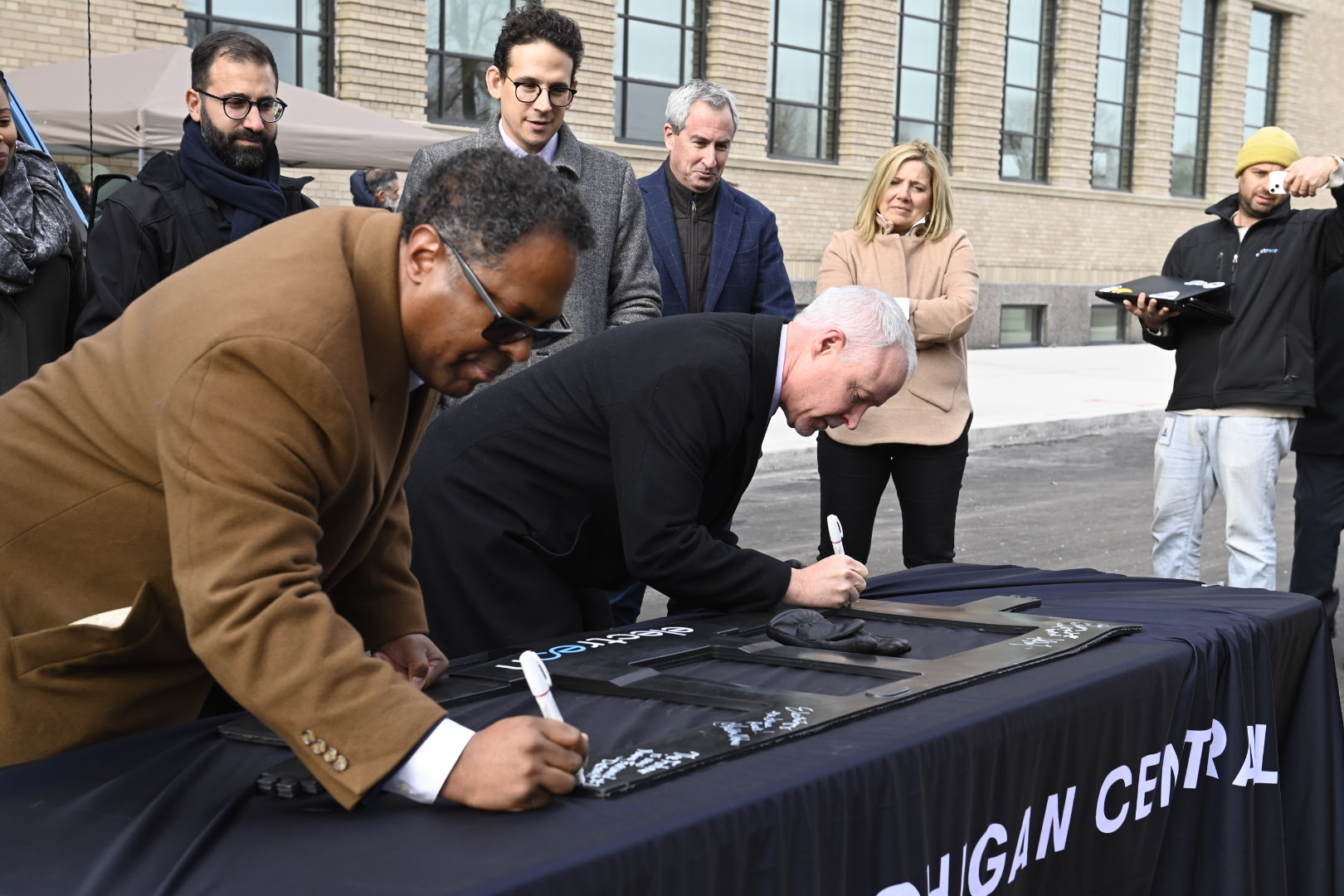
Photo caption: MDOT Director Bradley C. Wieferich and Detroit Deputy Mayor Todd Bettison sign an Electreon coil, marking the start of the nation’s first electrified public road.
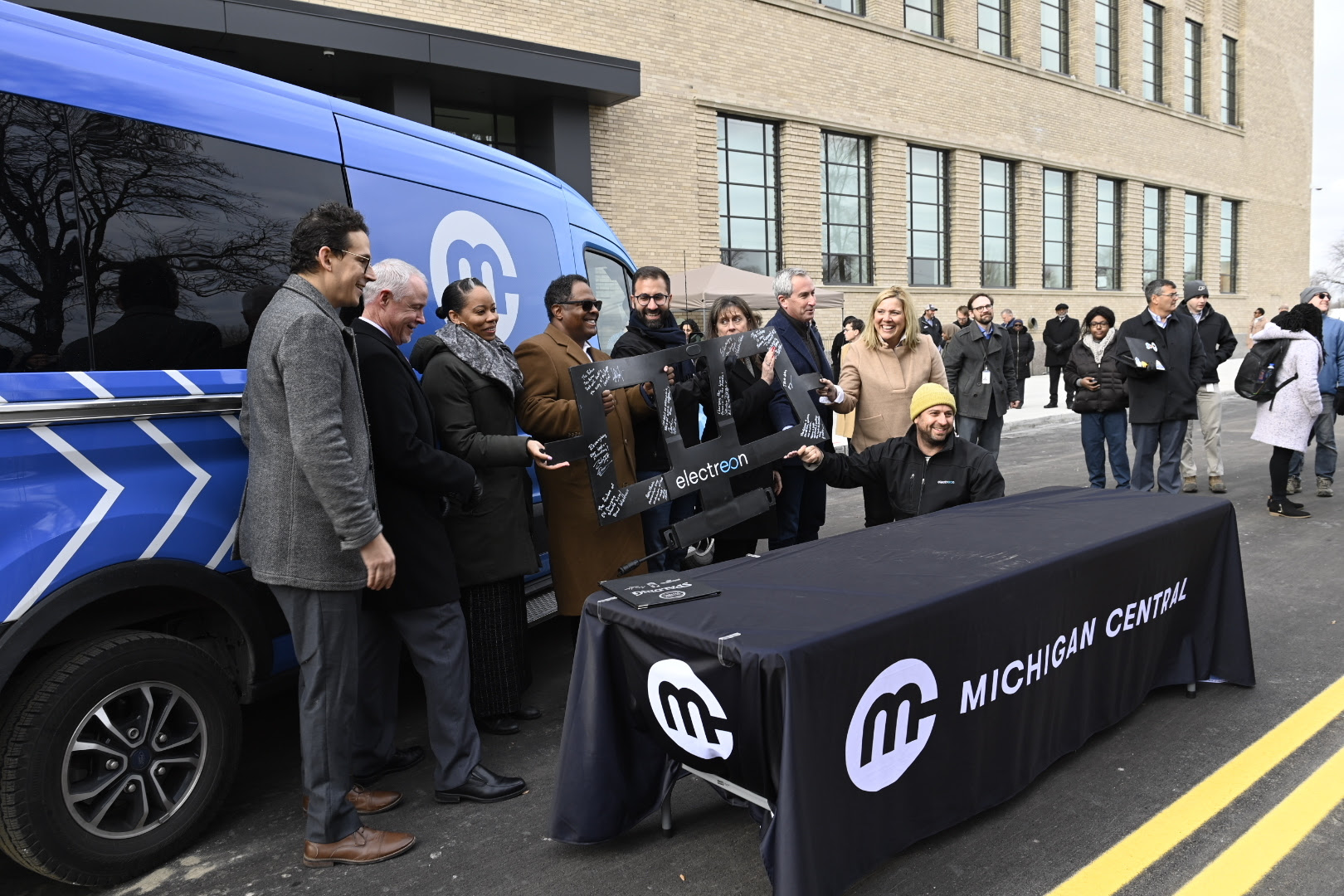
Photo caption: MDOT and partners celebrate the first-in-the-nation electrified public roadway on 14th Street in Detroit.






